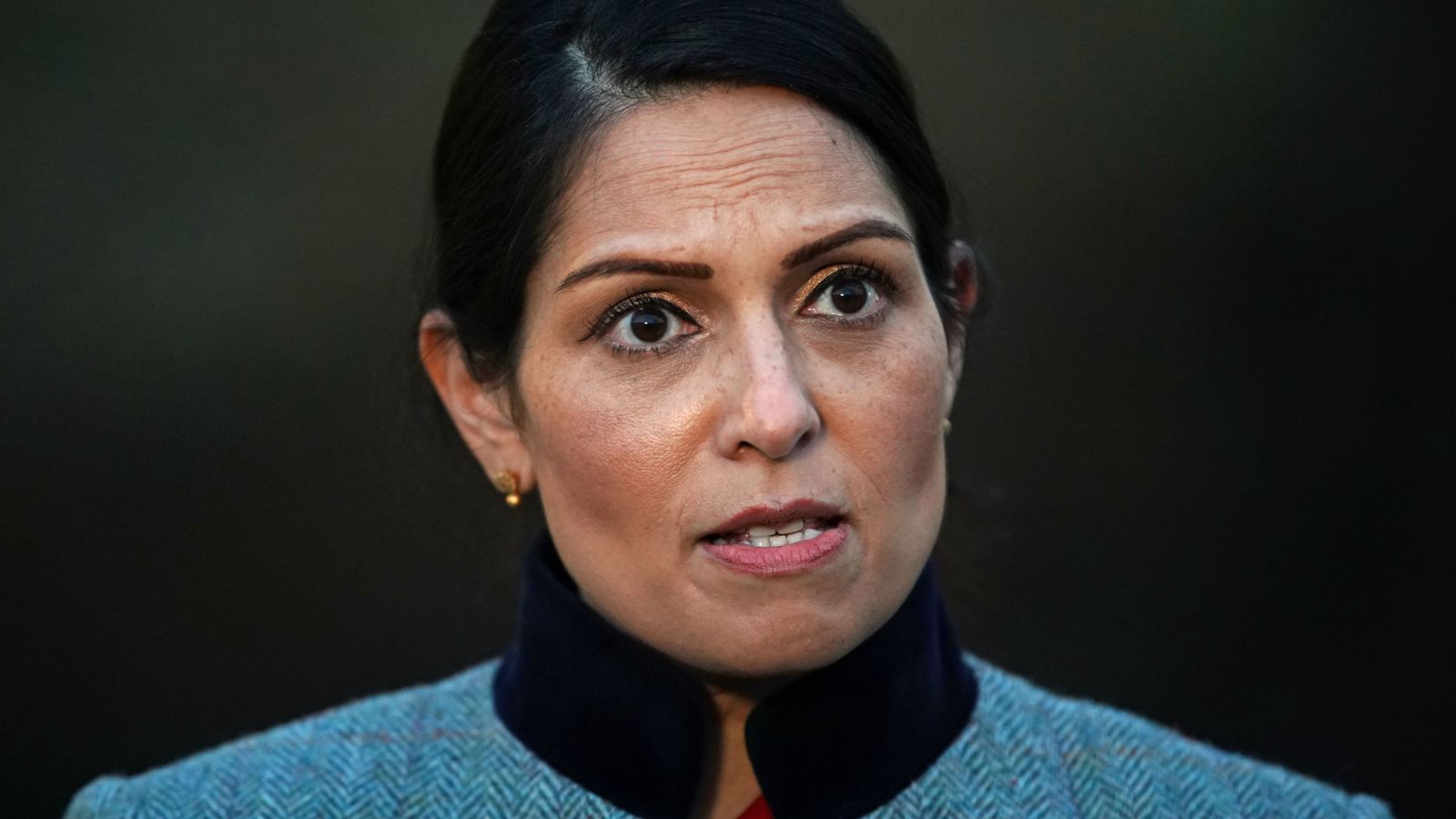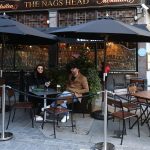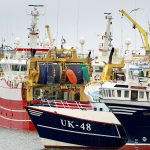Priti Patel has met with Greek ministers to discuss the challenges posed by illegal migration.
On a two-day visit to Greece, the home secretary went out on patrol with the coastguard off the island of Samos to see the methods being used in the country to prevent small boat crossings.
Ms Patel also met with officials in Athens and visited a newly built migrant reception centre.
Τη δημιουργία, δηλαδή, κλειστών ελεγχόμενων δομών σε όλα τα σημεία εισόδου της νησιωτικής Ελλάδας. Δομών που θα παρέχουν αξιοπρεπείς συνθήκες διαβίωσης, καθώς και θα εμφυσήσουν το αίσθημα ασφάλειας στις τοπικές κοινωνίες.#μετανάστευση #ΕΛΛΑΔΑ #Σάμος #Βαθυ #ΚΥΤ pic.twitter.com/AonQAqYBJ8
It comes as the number of migrants crossing the English Channel hit a new daily high on Wednesday 4 August.
The UK authorities dealt with 21 events involving 482 people, the Home Office said.
The previous record was set on Monday 19 July when at least 430 migrants crossed the Channel to the UK.
More than 10,000 migrants have made the journey so far this year.
The department added that it was taking “substantial steps to tackle the unacceptable problem of illegal migration”.
According to the Home Office, while on the trip, Ms Patel discussed Greece’s response to the “scale and threat posed by small boat crossings in the Aegean and the involvement of organised immigration crime gangs in those crossings” with the country’s shipping and island policy minister Ioannis Plakiotakis.
She also discussed asylum reforms with Greece’s migration minister Notis Mitarachi.
Mr Mitarachi posted a picture on social media of he and Ms Patel looking at diagrams of the new migration centre.
The Home Office said no talks on sharing centres like this with Greece occurred.
Greece has reportedly recently hardened its approach to migrants with tougher border controls introduced.
It is understood the country is among a number in southern and eastern Europe concerned about how instability caused by the recent pull-out of US troops from Afghanistan could result in an increase in migrant flows in the coming weeks and months.
While Priti Patel’s visit was primarily focused on cooperation between the UK and Greek authorities in cracking down on smuggling gangs, government sources say both the Home Office and Foreign Office are intensifying efforts with their international counterparts to deal with the so-called “upstream” issues driving people into the hands of traffickers.
It comes as the UK’s Clandestine Channel threat commander Dan O’Mahoney said dangerous small boat crossings in the English Channel are “putting lives at risk”.
“These numbers are unacceptable, that’s why we are taking action on all fronts. Law enforcement agencies are dismantling the people smuggling gangs,” he said in a statement.
“Joint work with the French has seen a doubling of police officers on French beaches. And we are reforming the pull factors here at home.
“The government’s new plan for immigration is the only credible long term plan to fix the broken asylum system and bring this exploitation to an end.”
Ms Patel’s visit to Greece comes after she pledged to introduce a new “fair but firm” immigration system through the Nationality and Borders Bill.
The legislation would make it a criminal offence to knowingly arrive in the UK without permission.
It would also increase tougher sentences for people smugglers.
Speaking ahead of a debate on the Bill in the Commons in July, Ms Patel said: “The British people have had enough of open borders and uncontrolled migration.”
But shadow home secretary Nick Thomas-Symonds said the legislation “will reduce support for victims of human trafficking” and “potentially break international law”.
The Home Office has previously said the government is in talks with several European countries to achieve agreements on returning nationals found to be in the UK illegally.
Fellow home office minister Chris Philp undertook a similar trip to Greece earlier this year.
Ms Patel said: “We have seen a surge in illegal migration across Europe, and we must continue to work closely with Greek partners to tackle this challenge that both our countries face.
“Only by working together can we break up these crime gangs that extend throughout Europe and beyond, and stop the horrific trade in people across the continent.”






















